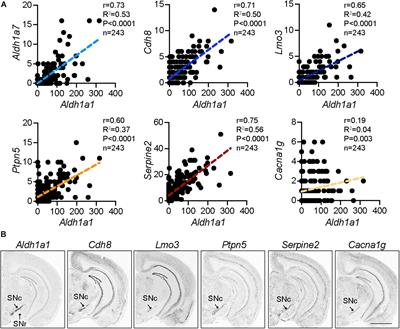EDITORIAL
Published on 02 Mar 2022
Editorial: Dopamine Neuron Diversity in Circuits and Diseases
doi 10.3389/fncir.2022.856716
- 4,926 views
- 3 citations
21k
Total downloads
135k
Total views and downloads
You will be redirected to our submission process.
EDITORIAL
Published on 02 Mar 2022
ORIGINAL RESEARCH
Published on 28 Jan 2022
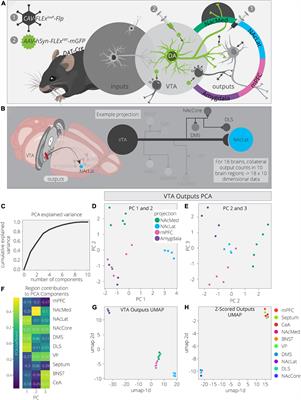
ORIGINAL RESEARCH
Published on 19 Nov 2021
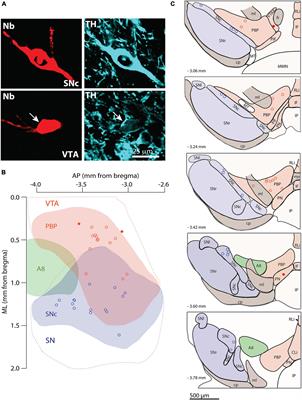
ORIGINAL RESEARCH
Published on 11 Nov 2021
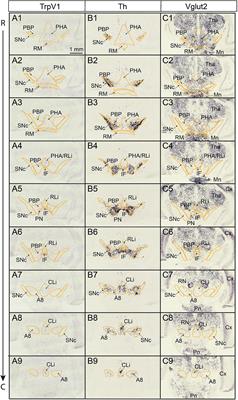
REVIEW
Published on 09 Nov 2021
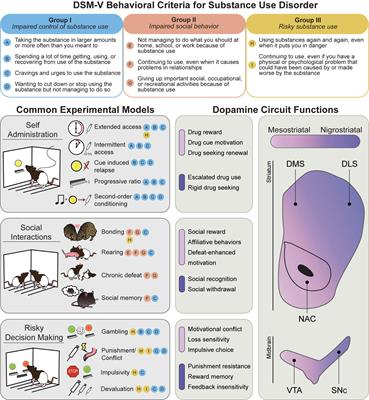
REVIEW
Published on 12 Oct 2021
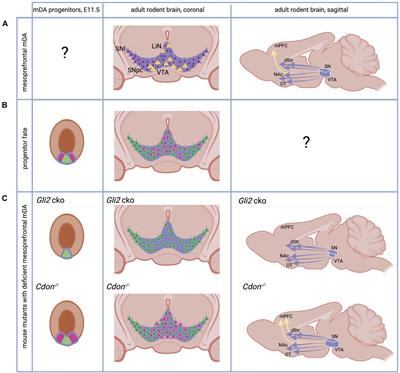
REVIEW
Published on 08 Sep 2021
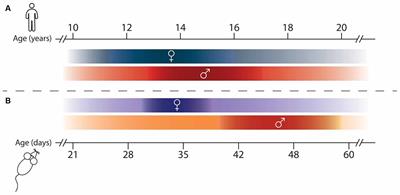
REVIEW
Published on 23 Jul 2021
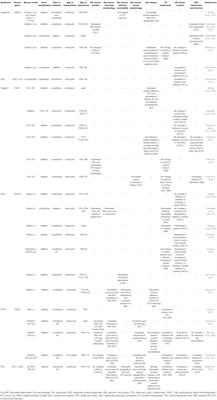
REVIEW
Published on 19 May 2021
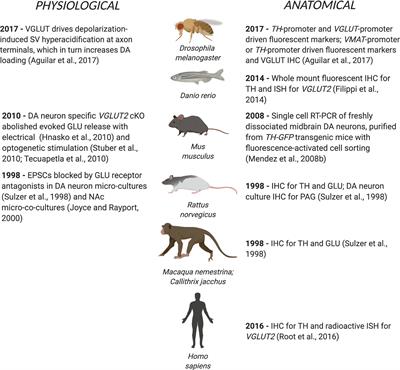
REVIEW
Published on 17 May 2021
